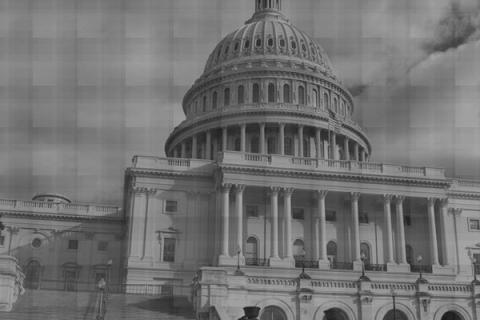Bipartisan votes in both houses last week dealt a one-two punch to corn ethanol interests. The 73-27 Senate vote on an amendment to end the Volumetric Ethanol Excise Tax Credit (VEETC), commonly called the “blenders credit,” along with the House's 283-128 vote to prohibit funding for blender pump and storage facility construction, were clear signals that a national policy shift on ethanol is imminent. This news couldn't come at a better time for California livestock and dairy farmers who say ethanol subsidies are driving their costs through the roof.
The Senate bill, which seeks to abolish the 45-cents-a-gallon tax credit for ethanol refiners, as well as the 54-cents-per-gallon tariff on imported ethanol, was attached as an amendment to the Economic Development Revitalization Act by Sens. Tom Coburn (R-OK) and Dianne Feinstein (D-CA). It still has to be approved by both houses and the president.
Enacted in 2004, the VEETC was supposed to create incentive for oil companies to produce and market alcohol/gasoline- blended fuels, but it had an unintended consequence of artificially inflating corn prices. Corn (or maize) is the primary feed for livestock and dairy producers. Some of these farmers have seen their expenditures double since last year. As fuel prices rise to record highs so do food prices. But the demand for ethanol blending also increases. This tightens corn supplies, further hiking dairy and meat prices.
According to a new study by International Centre for Trade and Sustainable Development, the blender's credit may have inflated maize prices by as much as 17 percent in 2011 alone. Study author and professor of economics at Iowa State University, Bruce Babcock, says that national biofuel policies have hiked maize prices in previous years, but to a lesser extent.
“Under these tight conditions, the added demand incentive from the blender tax credit can have a significant impact on maize prices”, says Babcock,
But completely scrapping ethanol subsidies won't fix the corn allocation problem. This is because federal regulations mandate ethanol/gas blending. In 2011, EPA requirements will result in 12.6 billion gallons of ethanol being combined with gasoline.
Rob Vandenheuvel, manager of the California Milk Producers Council told Capital Press it's an "unwise public policy of providing billions of dollars in government subsidies for an activity that is already mandated by law." The argument has boiled down to who gets to pay for this activity.
Ethanol interests in the Midwest point out that the Senate voted less than a month ago to keep billions of dollars in oil industry subsidies. This begs an important question: why don't oil and gas companies use their $6 billion in annual tax credits to buy unsubsidized ethanol from American manufacturers? The answer exposes the corn ethanol industry's worst fear, that gas makers will attempt an end-run around their market by importing the more sustainable variety of cane ethanol from Brazil.

